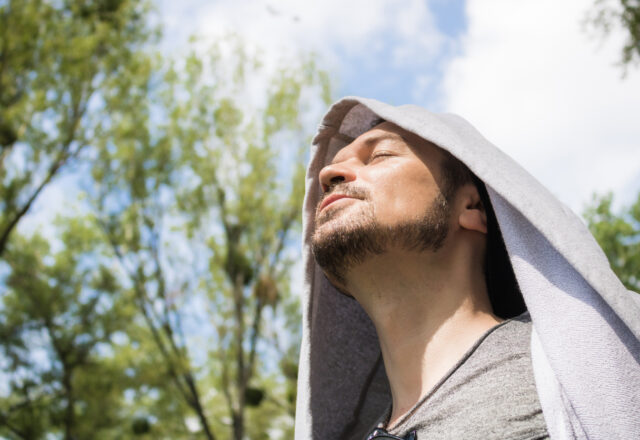Relapse is a genuine concern for anyone recovering from drug or alcohol addiction. It’s part of what makes recovery so challenging. Addicts understand that anyone is at risk of relapse, even if it’s been years since they last used drugs or had a drink. Buena Vista takes a multi-layered approach and offers longer stays and ongoing support as part of their treatment plan to reduce that risk.
Anyone dealing with addiction must understand that it’s a chronic disease. Similar to diabetes, there is no cure. Relapse can happen, so it’s important to take specific steps to avoid it from the very beginning. Making relapse prevention a part of recovery from day one is a proactive way to address and better handle this uncertain reality.
What Is Recidivism?
Recidivism is the tendency of a convicted criminal to re-offend, even after facing the consequences of their crime. Relapse is a similar situation. A person relapses when they slide or return to a former state or action. Avoiding relapse and recidivism takes time.
Reducing recidivism is about learning effective coping skills and self-care routines that work for the individual. Patients also learn how to handle stages of addiction, deal with triggers, and build healthy self-confidence.
Finding a longer-term drug treatment program with ongoing support from community connections is enormously helpful for participants trying to stay sober. Programs like those offered by Buena Vista give each person time to learn about themselves and get back to a stable state.

Detox vs. Rehab
Drug detox is physical care for the body and gets the body healthy again. A successful drug detox usually involves medical care for a short amount of time (depending on the patient’s needs) and removes toxins from the body related to drugs and alcohol.
Rehab addresses physical aspects as well as mental and spiritual aspects of recovery. The most successful rehab programs involve:
- Therapy
- Dissecting barriers to success
- Discussing back-to-work plans
- Reviewing concerns
- Long-term support
The goal of these programs is to teach the participant ways to manage life without falling back on drugs or alcohol.
Treatment plans usually last a month or longer. The longer the program, the greater chance for success and long-term sobriety.
Why Detox Isn’t Enough
When comparing detox vs. rehab, remember this: Detox isn’t a long-term solution, but a quick fix for immediate results. It won’t give you the coping skills needed to help prevent relapsing.
Rehab programs offered by addiction treatment centers like Buena Vista help reinforce healthy skills. These skills last beyond rehab and into the rest of the patient’s life.

Such programs include:
- Therapies: Buena Vista finds the best modalities to fit each patient’s situation and may include individual or group counseling, cognitive behavior therapy, or trauma-focused therapy. A rehab program gives participants time to understand their life experiences and find healthy ways to cope with them.
- Inpatient Programs: Buena Vista offers residential substance abuse inpatient treatment. Participants work with a therapist one-on-one as well as in group counseling. This all takes place in a comfortable, quiet setting on a beautiful campus.
- Medication-Assisted Treatment (MAT): When someone suffers from opioid withdrawal, they experience symptoms that make relapsing more common. Outpatient care with medication assistance can help people manage those symptoms in a safe environment to lower the chance of relapse.
How to Prevent Recidivism & Relapse
Detox alone cannot possibly address all the aspects of life and health that patients have previously used drugs to handle. That’s why preventing recidivism requires a rehab program allowing each participant to address the underlying issues in order to continue with recovery.
Reducing recidivism is a slow process that educates each patient about the aspects of addiction and recovery. It involves deep-diving into therapies that match personalities and issues to yield the best results. Participants leave rehab with new life rules that make it possible to break bad habits and live in the world again with healthier results.

Relapse Prevention at Buena Vista
Ongoing support following rehab is vital for long-term sobriety. Buena Vista has an app that connects alumni with a supportive community and resources. Feeling the connections of a larger group of allies helps one understand they aren’t alone. Download it and get started for a healthier life today.
If you’re ready to reach out, contact Buena Vista to find out more.




